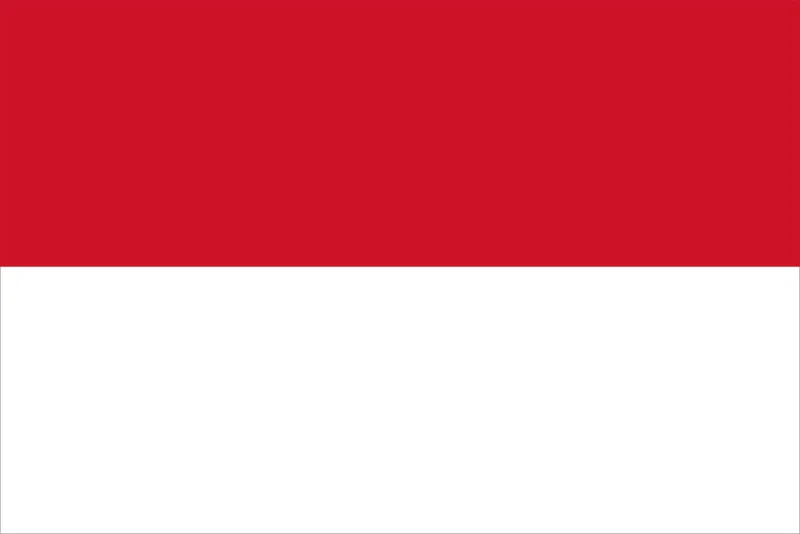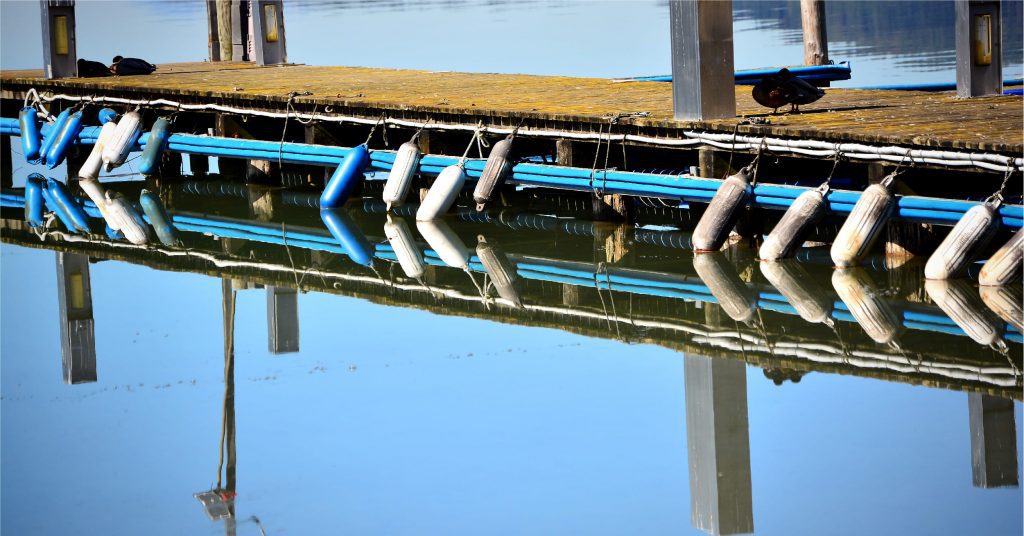Water plays a critical role in numerous industrial processes, but not all water is suitable for specialized applications. Deionized water, known for its high purity, is a preferred choice across industries due to its lack of impurities and minerals. In Indonesia, where industrial growth and sustainability are key priorities, understanding the importance of deionized water can help optimize processes and improve product quality.
This blog explores what deionized water is, its distinction from distilled water, and its significance in various industries. We also delve into the workings of a deionized water system and how it supports industrial processes in Indonesia.
What is Deionized Water?
Deionized water, also called DI water, is water that has had most of its mineral ions removed, including cations such as calcium, magnesium, and sodium, and anions such as chloride, sulfate, and nitrate. The deionization process typically involves passing water through ion exchange resins that replace these ions with hydrogen and hydroxide ions, resulting in pure H₂O.
Unlike regular water, deionized water is free from dissolved salts and contaminants, making it ideal for applications where impurities can interfere with processes or outcomes.
Deionized Water vs Distilled Water
While both deionized water and distilled water are purified, the methods used and the resulting water differ:
- Distilled Water:
Distilled water is produced by boiling water and condensing the steam into a separate container, leaving impurities and minerals behind. It is highly pure but may still contain volatile compounds that evaporate and condense with the water. - Deionized Water:
Deionized water undergoes a chemical process to remove ions. It is highly effective at removing salts and minerals but may not eliminate organic impurities or bacteria unless additional treatments are applied.
In comparing distilled water vs deionized water, the choice depends on the specific application. For instance, industries requiring extremely low conductivity water, such as electronics or pharmaceuticals, often prefer deionized water due to its superior ion removal capabilities.
Importance of Deionized Water in Various Industries
- Electronics Manufacturing:
Deionized water is essential in the electronics industry for cleaning circuit boards, semiconductors, and other components. Its purity ensures no mineral deposits are left behind, which could disrupt electrical conductivity or damage delicate parts. - Pharmaceuticals and Healthcare:
In pharmaceutical production, deionized water is used as a base for medications and solutions. Its purity prevents chemical reactions with active ingredients and ensures compliance with strict quality standards. - Automotive Industry:
Deionized water is used in car batteries, cooling systems, and cleaning processes. It prevents scaling and corrosion, prolonging the life of automotive components. - Power Generation:
In power plants, deionized water is used in boiler feedwater systems to prevent scaling and deposits that can reduce efficiency and cause equipment damage. - Food and Beverage Industry:
Deionized water is used for rinsing and cleaning equipment to prevent contamination. In beverage production, it ensures the consistent taste and quality of products. - Cosmetics Manufacturing:
Deionized water is a key ingredient in cosmetics and personal care products, ensuring product stability and safety by eliminating impurities. - Laboratories:
Laboratories use deionized water for experiments, sample preparation, and cleaning equipment, as it prevents interference from impurities that could skew results.
How Deionized Water Systems Work?
A deionized water system typically includes the following components:
- Pre-Treatment:
Water undergoes filtration to remove larger particles, sediments, and chlorine, protecting the ion exchange resins in the subsequent stages. - Ion Exchange Resins:
The core of the deionization process involves passing water through cation and anion exchange resins. These resins replace ions in the water with hydrogen (H⁺) and hydroxide (OH⁻) ions, which combine to form pure water. - Polishing Filters:
In high-purity applications, additional polishing filters may be used to remove trace impurities and achieve ultra-pure water. - Monitoring and Maintenance:
Conductivity or resistivity meters monitor the water quality, ensuring the deionized water meets the required standards. Regular resin regeneration or replacement is necessary to maintain system efficiency.
Why Deionized Water is Crucial in Indonesia?
Indonesia’s rapid industrialization and focus on sustainability highlight the importance of using high-quality water in industrial processes. Deionized water offers several advantages that align with these goals:
- Improved Product Quality:
By eliminating impurities, deionized water ensures the consistency and quality of products across industries, from electronics to pharmaceuticals. - Reduced Maintenance Costs:
Deionized water prevents scaling and corrosion in machinery, reducing maintenance needs and extending equipment lifespan. - Compliance with Standards:
Many industries in Indonesia must meet stringent international standards for product quality and environmental compliance. Deionized water supports these requirements effectively. - Support for Green Initiatives:
By reducing the need for chemical treatments and promoting efficient processes, deionized water contributes to Indonesia’s sustainability efforts.
Ion Exchange’s Contribution to Delivering Superior Deionized Water Systems
The INDION Electrodeionisation (EDI) System from Ion Exchange delivers consistent, high-purity water without the need for chemical regeneration, making it both cost-effective and hassle-free. This robust and reliable system integrates the proven technologies of electrodialysis and ion exchange resin deionization, offering a continuous process for producing ultrapure water using ion exchange membranes, resins, and electricity. With features like minimal maintenance and reduced operational costs, the INDION EDI System ensures a steady supply of ultrapure water, making it an ideal solution for various industrial applications.
INDION HEMO, a state-of-the-art solution from Ion Exchange, is designed to deliver ultrapure water essential for safe and effective artificial kidney dialysis. Adhering to the stringent standards set by AAMI, Indion HEMO undergoes a meticulous multi-stage treatment process, ensuring water is free from harmful mineral contaminants and bacterial endotoxins. This high-purity water mitigates the risk of adverse reactions such as nausea, vomiting, and muscle weakness in patients undergoing dialysis. Additionally, our comprehensive wastewater management solutions not only guarantee water purity for dialysis but also promote sustainability and cost-efficiency through secondary water usage. Indion HEMO’s offerings include customizable single-pass and double-pass sanitary RO designs, hot water sanitizable RO membranes, and advanced technologies like ultraviolet disinfection, electro-deionization, and ultrafiltration, all aimed at ensuring the highest quality and safety in dialysis water systems.
Conclusion
Deionized water plays a vital role in various industries across Indonesia, offering high purity levels essential for the production of electronics, pharmaceuticals, food and beverages, power generation, and metal processing. The distinction between deionized water and distilled water highlights the superiority of deionized water in removing ionic impurities. Industries in Indonesia must understand the value of deionized water systems in maintaining efficiency, product quality, and compliance with regulatory standards.
Connect with Ion Exchange experts to learn more about how deionized water can benefit your specific industry requirements.


